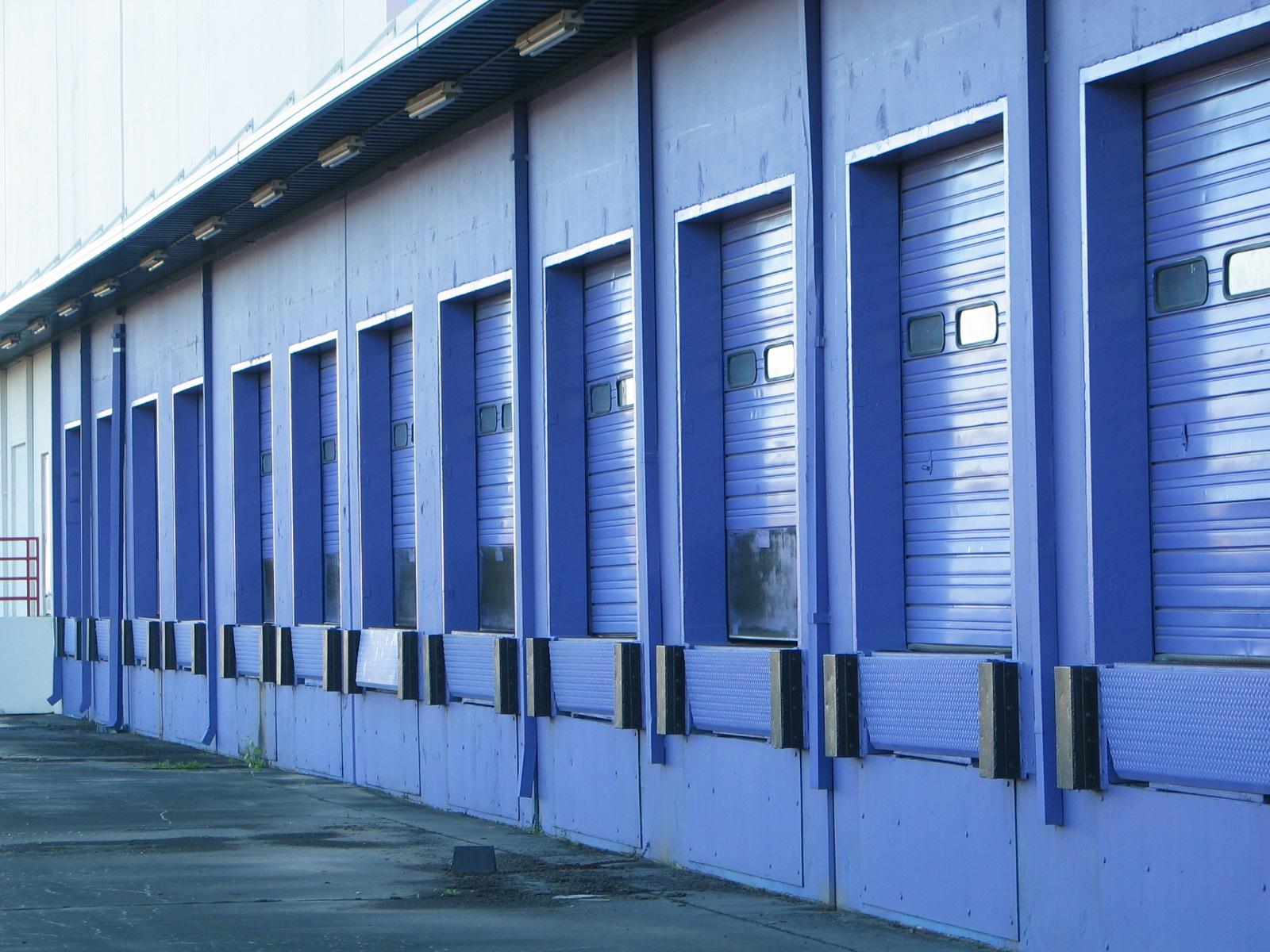Samsung’s decision to stop production of its Galaxy Note 7 put an abrupt end to what was evolving into a huge reverse logistics effort. The recall of a multiplying number of units apparently affected by problems with batteries had set in motion a large-scale shipping effort with a special twist, as the fire risk meant that the phones had to be shipped under hazardous goods transportation rules.
Samsung has not divulged details of its recall logistics effort, but some reports alleged an application to the US Department of Transportation for a permit to ship 137,000 unopened units from hundreds of retail locations in the United States.
For logistics providers, product recalls are too often bolts out of the blue.
The auto industry has been plagued by recalls for years, but apparently this has not produced a more strategic approach to the logistics involved among auto makers. A recent on-line poll from Deloitte found that a mere 8% use advanced predictive analytics to help prevent, prepare for, and manage recalls, and 23% have no operational product safety and recall anticipatory analytic capabilities.
The logistics aspect is equally threadbare. According to one industry analyst, only one-third of companies in North America have a fully integrated inventory management strategy linked to reverse logistics activities. Hence, they are more prone to purchasing more inventory than needed, resulting in heavy discounts and larger volumes of goods to be disposed of after the selling season.

The impact on the bottom line is often considerable. One study found that the cost of returns can make up 3-5% of total revenue. For traditional retail outfits, returns are often significantly more expensive than their outbound logistics.
In the e-commerce sector, returns are more viewed as a fixed part of doing business.
“You cannot do a distance sale if you do not offer a reasonable return service,” says Horst Manner-Romberg, head of mail and parcel logistics consulting firm M-R-U. For most consumers, reasonable is equivalent to free, he added.
“Some retailers price in a 5% return ratio. In fashion it may be 50%,” said Brian Bourke, vice-president of marketing at SEKO Logistics. “That business model thrives on returns.”
For a number of clients from this sector, SEKO packs return labels with the merchandise headed to on-line consumers. “If you make it easy for the consumer, you make it easier for yourself,” said Bourke.
In most cases, return logistics are part of a broader deal between SEKO and retailers, but some clients split the outbound and reverse activities and engage different logistics providers. “In some cases [returns are] all that we do for a client,” Bourke reported.
This indicates that there are sufficiently attractive margins in returns for logistics providers, but it is certainly not an easy avenue to profits. The pressure on costs is even fiercer than with outbound logistics, as there is little to be gained from speedy flows back, so the focus for logistics firms is on consolidating sufficiently large volumes. However, the first part of a rejected or defective product’s journey back often does not lend itself to this.
“It’s a challenge, but one of the key areas,” commented Bourke. “You look to apply a volume process to items that come in individually.”
It does not help that standards for returns are thin on the ground. “No two retailers have the same standard operating procedure for that. That makes it a bit difficult to achieve economies of scale,” he said.
On the other hand, returns can lead to a closer alignment of retailer and logistics provider. British supermarket chain ASDA Stores has been using XPO Logistics for its reverse logistics needs under a contract that extends well beyond moving product back. Besides managing the flows to and from nine service centres, tracking assets and managing hundreds of supplier accounts for the retailer, the logistics firm cleans and mends some returnable equipment for ASDA.
Moreover, the pair collaborate on environmental efforts. Since the beginning of the contract, XPO has introduced a zero-waste-to-landfill programme at the ASDA service centres, among other initiatives like rainwater harvesting and intelligent lighting, in an effort to help the company meet its environmental sustainability goals.
ASDA recently renewed the long-term contract with XPO, and the environmental aspect was a major factor in the equation for the retailer. “The renewal of our contract with XPO Logistics reflects our determination to be environmentally sustainable across our entire business,” said ASDA Logistics Vice President Jon Parry. “The strong working relationship between ASDA and XPO has enabled us to deploy significant waste innovations and achieve cost efficiencies.”
By Ian Putzger
Correspondent | Toronto




